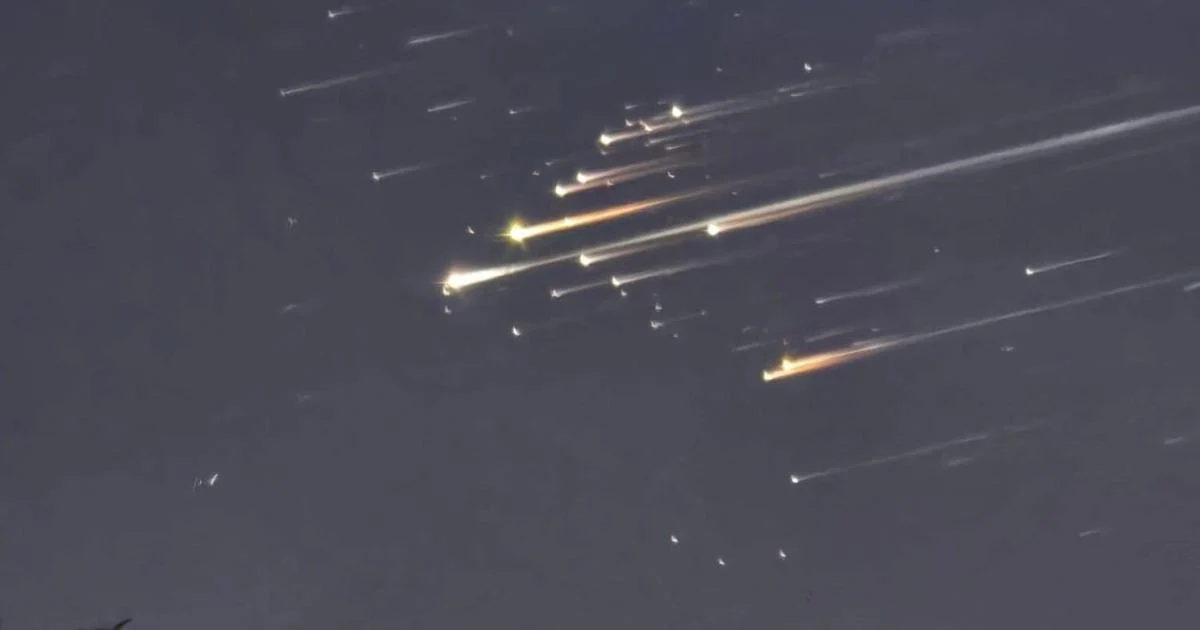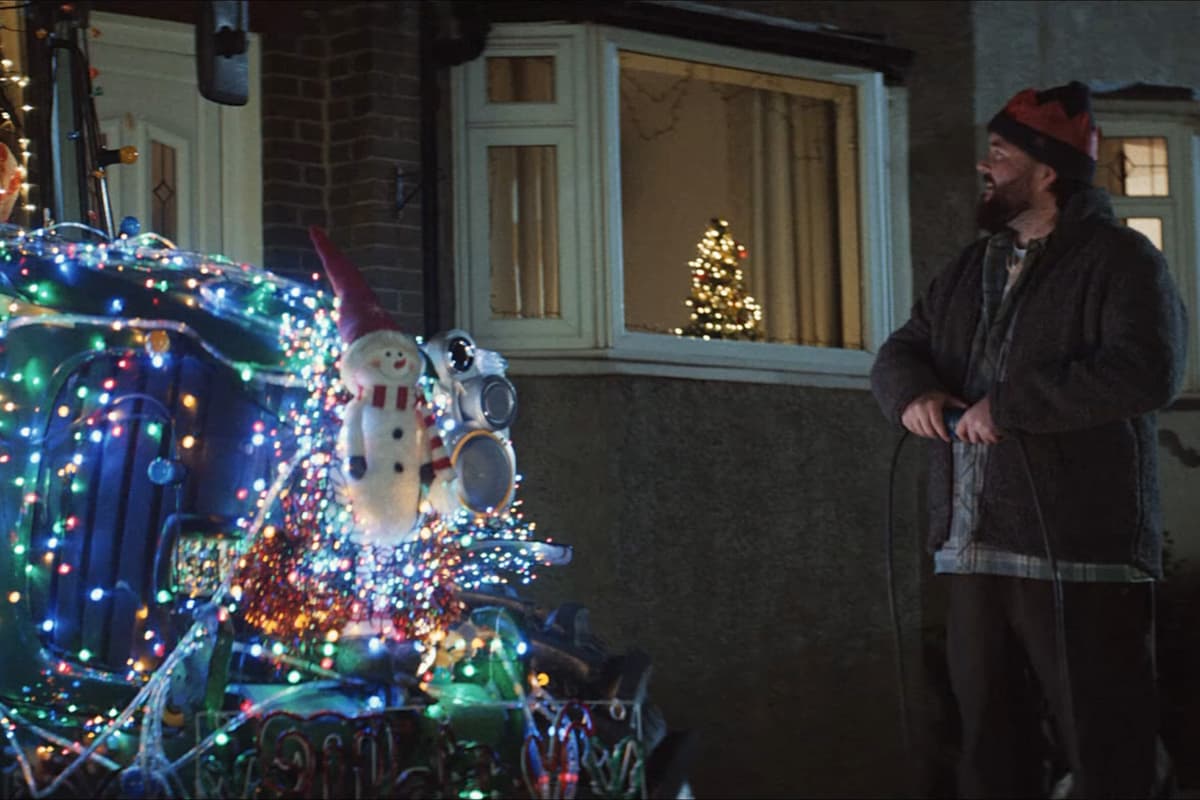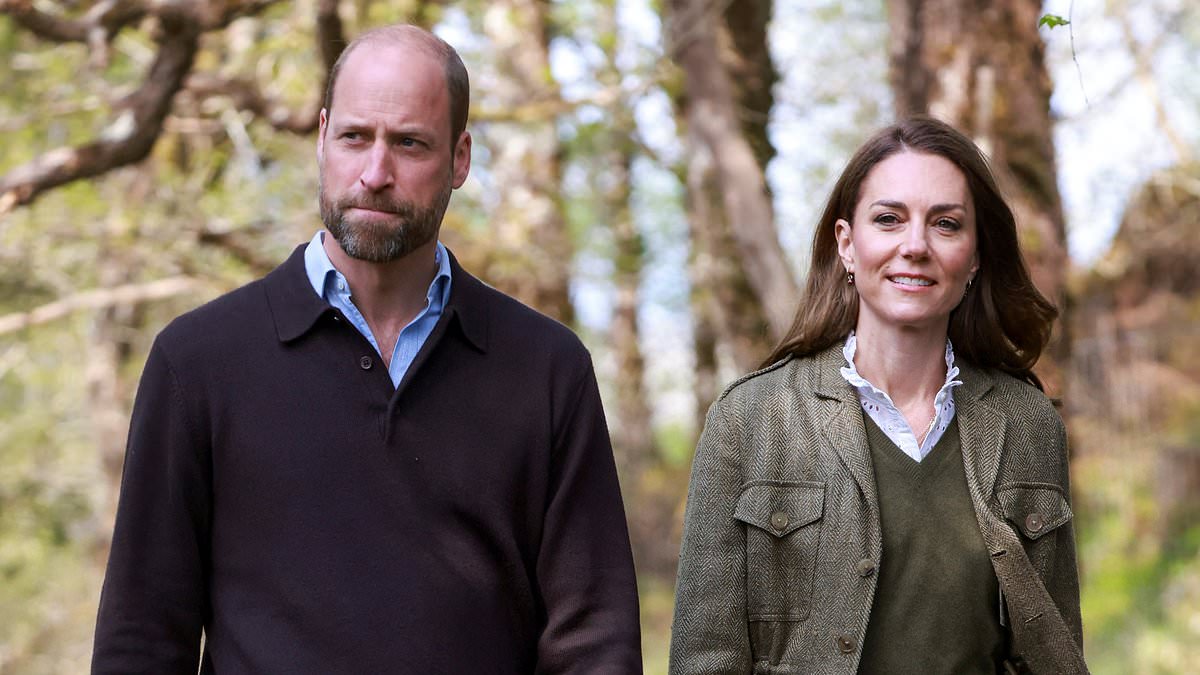Copyright thenassauguardian

SpaceX is continuing to work through the environmental impact process along with the Department of Environmental Planning and Protection (DEPP), in hopes of restarting its Falcon 9 rocket booster landings in Bahamian waters, Vice President of Launch at SpaceX Kiko Dontchev told Guardian Business recently. Dontchev said the space exploration company, which uses its Falcon 9 rockets to launch Starlink satellites into orbit, is hopeful the process will be favorable and that landings can continue in The Bahamas. “Once we’re through that, we’ll be able to gain approval and resume landings and continue this partnership,” said Dontchev. “It’s in the public review process... we’re leaning on that environmental process and getting through it, I think that’s critical.” The company had hoped to have 20 landings under its belt in The Bahamas by the end of this year. However, environmental concerns loomed large after one of SpaceX’s Starship rocket test flights broke apart over The Bahamas and rained down debris in this country’s waters. Despite Starship and Falcon 9 being separate projects, local authorities put further SpaceX booster landings on hold in order to do a thorough environmental impact study of the possible effects of booster landings in The Bahamas. On February 18 of this year, a Falcon 9 booster delivered a payload of satellites into space and then landed itself on an autonomous drone ship in waters between the Exumas and the southern tip of Eleuthera. The launch and landing created a partnership between The Bahamas and SpaceX that opens the door for the space exploration company to begin new trajectories into space to the south of the globe, and would allow the company to fly the first manned mission over the poles of the Earth. Following the landing, SpaceX provided Starlink kits to 300 schools and the Disaster Risk Management Authority, and donated $1 million to the University of The Bahamas. Most recently, SpaceX helped to fund evacuation flights as Hurricane Melissa threatened The Bahamas, and provided free internet access to local Starlink users in the wake of the hurricane.



